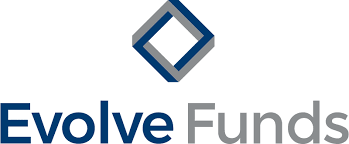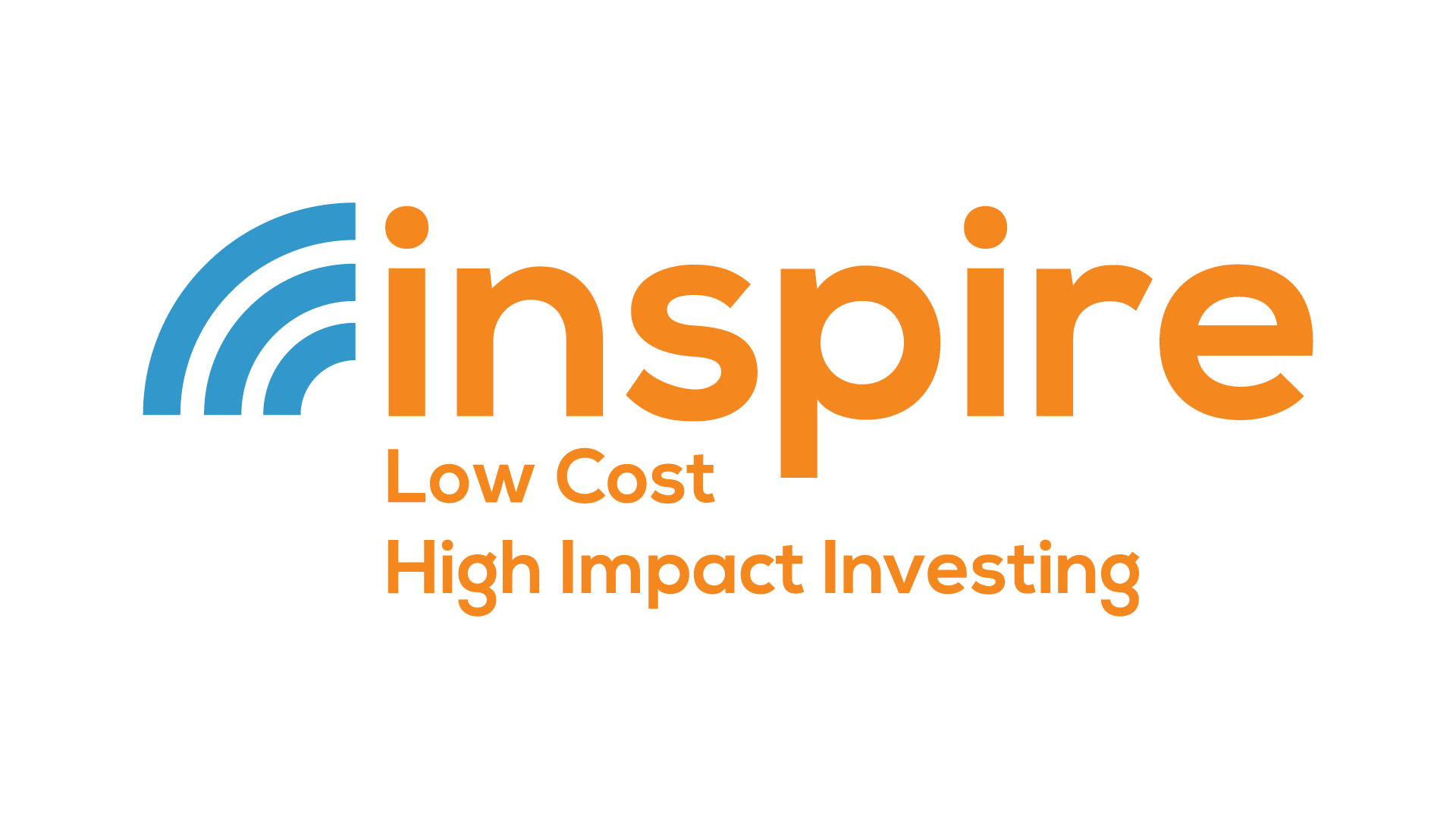One of the most interesting things about 2017 has been the growth of boutique ETFs. At Ultumus, whenever there is a new listing anywhere in the world, we're among the first to know about it. And we've seen some interesting ones this year. Like:
MAGA - Make America Great Again
BIBL - Christian Objective ETF
EMTY - Decline of Brick and Mortar Retail
CARS/U - Robotic Cars
It's obviously easy to mock the ideas behind some of these products. But while easy to lampoon, investors should take warning because they mark a major shift in how ETFs work and how the industry is evolving.
For one, they show how ETFs have allowed investment ideas - even idiosyncratic ones - to become real financial products with real AUM. And show how political dispositions, religious beliefs, and views on the future of transport can be packaged into products that are available to everyday investors.
For most of their history, ETFs have positioned themselves as purely passive and mostly unimaginative vehicles that simply follow an index. That there are now ETFs that track imaginative themes marks a change.
But what's also significant is how these ETFs break the mold on conventional benchmarking.
The death of Big Index?
None of the ETFs above track indexes created by MSCI, S&P or FTSE - the three major index providers. Nor have they been created with any conventional classification system (like the Global Industry Classification Standard or the Industry Classification Benchmark.) And this could be a sign of what the future holds.
The big index and benchmark providers have cornered a lot of the ETF market - but they are nowhere near as secure as they were five years ago, as new ETFs like these show.
This is partly due to cost. Index providers are under intense cost competition these days. Companies like Solactive, the German data company, charge small flat fees for their indexes rather than a fixed share of AUM (the old deal used to be 3 basis points for an index). The Solactive 500 large cap index, for example, competes with the S&P and, while it doesn't have the brand name, functions in a very similar way and is drawing more and more market share.
On the other hand, major players, like Schwab, Vanguard, BlackRock are bringing indexing in house. The latest example here has been State Street, which brought FTSE Russell mid cap indexes in house.
But perhaps the biggest threat to established benchmark providers comes from the fact that haven't always kept up up with economic shifts. Consider this: two of the ETFs above - EMTY and CARS - bypassed major index providers because the exposure they wanted wasn't on offer. Major index providers hadn't thought to create indexes for self-driving cars and ecommerce.
Why did the big firms fail to keep up? Partly because their classification of industries and sectors is somewhat out of date. The Global Industry Classification Standard, the most widely used classification system, was launched in 1999. Yet social media - an industry with hundreds of billions in market capitalisation - didn't take off until the mid-2000s. Index providers proposed changes to GICS this year, but this is may be too little too late.
What's clear though is that until a new classification system is designed around the newer technologies, it looks as though more and more investors will be turning elsewhere for exposure to growth markets.
So can established benchmarking survive?
In my opinion, the biggest brand names will survive: that's your MSCI World, FTSE 100, and S&P 500. They have too much history. Even with competitors and in-house indexes underpricing them, they still have powerful brand names. And even though smaller index firms have taken the first mover advantage in new sectors, investors still want exposure to the big and famous large cap indexes.
But beyond these ultra-established benchmarks, the future of indexing could be an open question with ETF providers fulfilling the role of index providers as well.




